13 significant protests that changed the course of history
Political protests have a rich past, with varied degrees of success in accomplishing what they originally set out to do.
The following historically significant political protests include a decisive event in the Civil Rights movement, two history-changing moments that occurred within one year and the medieval defiance of one man. We added to the list some recent protests that could change history, including the George Floyd protests against police brutality and systemic racism, and the Women's March on Washington.
The George Floyd protests
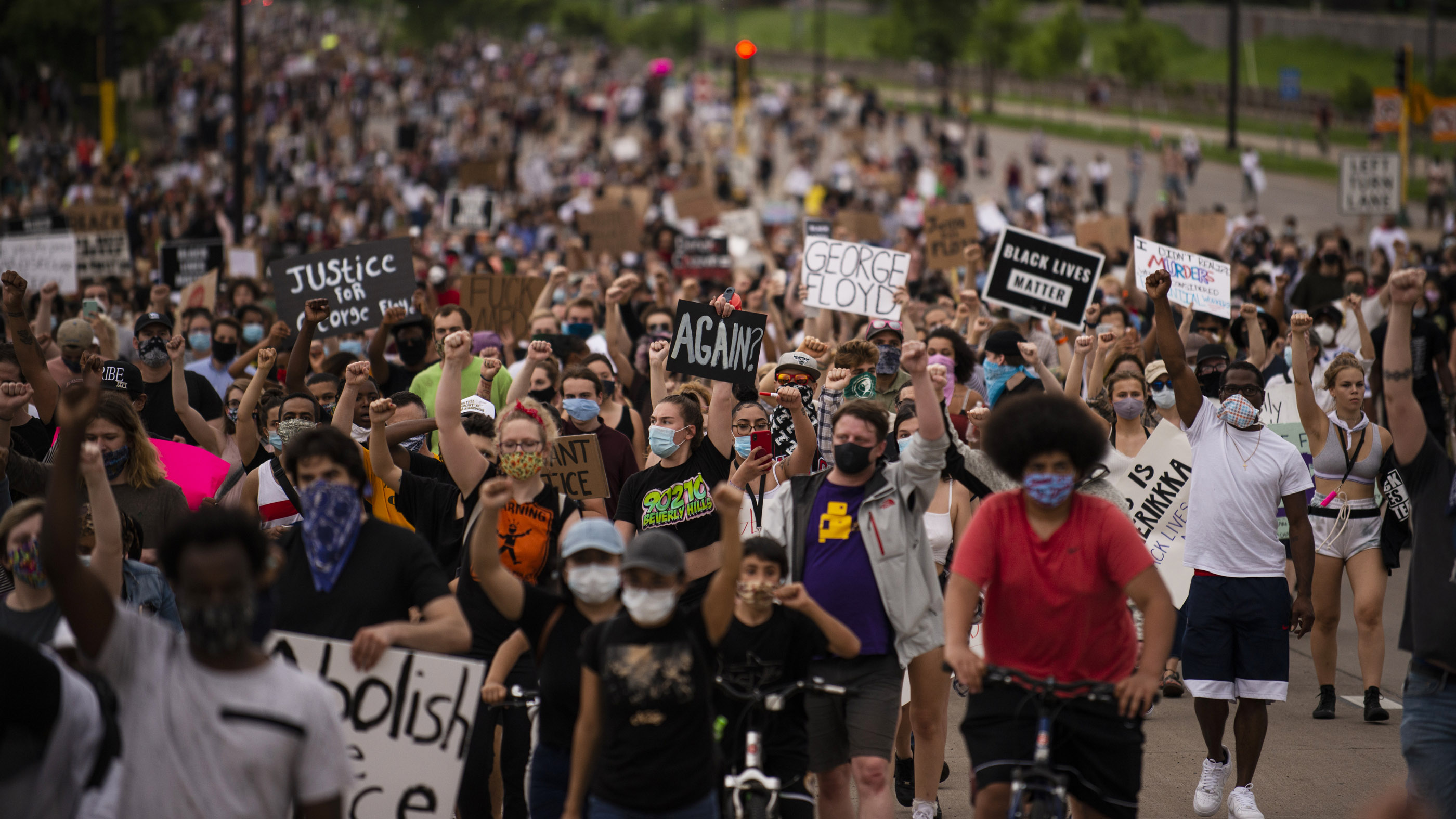
The George Floyd protests began in Minneapolis on May 26, 2020, after the killing of George Floyd — an African American man who asphyxiated when now-former Minneapolis Police officer Derek Chauvin pinned him down with a knee on his neck for more than 8 minutes. The protests quickly spread across the nation, with hundreds of thousands of people in all 50 states taking to the streets in opposition to Floyd's death, police brutality and institutional racism at large. As of June 3, the protests have continued nightly, resulting in 12 deaths, widespread incidents of police brutality as well as looting, and the deployment of nearly 20,000 National Guard troops in 24 states.
The March for Science
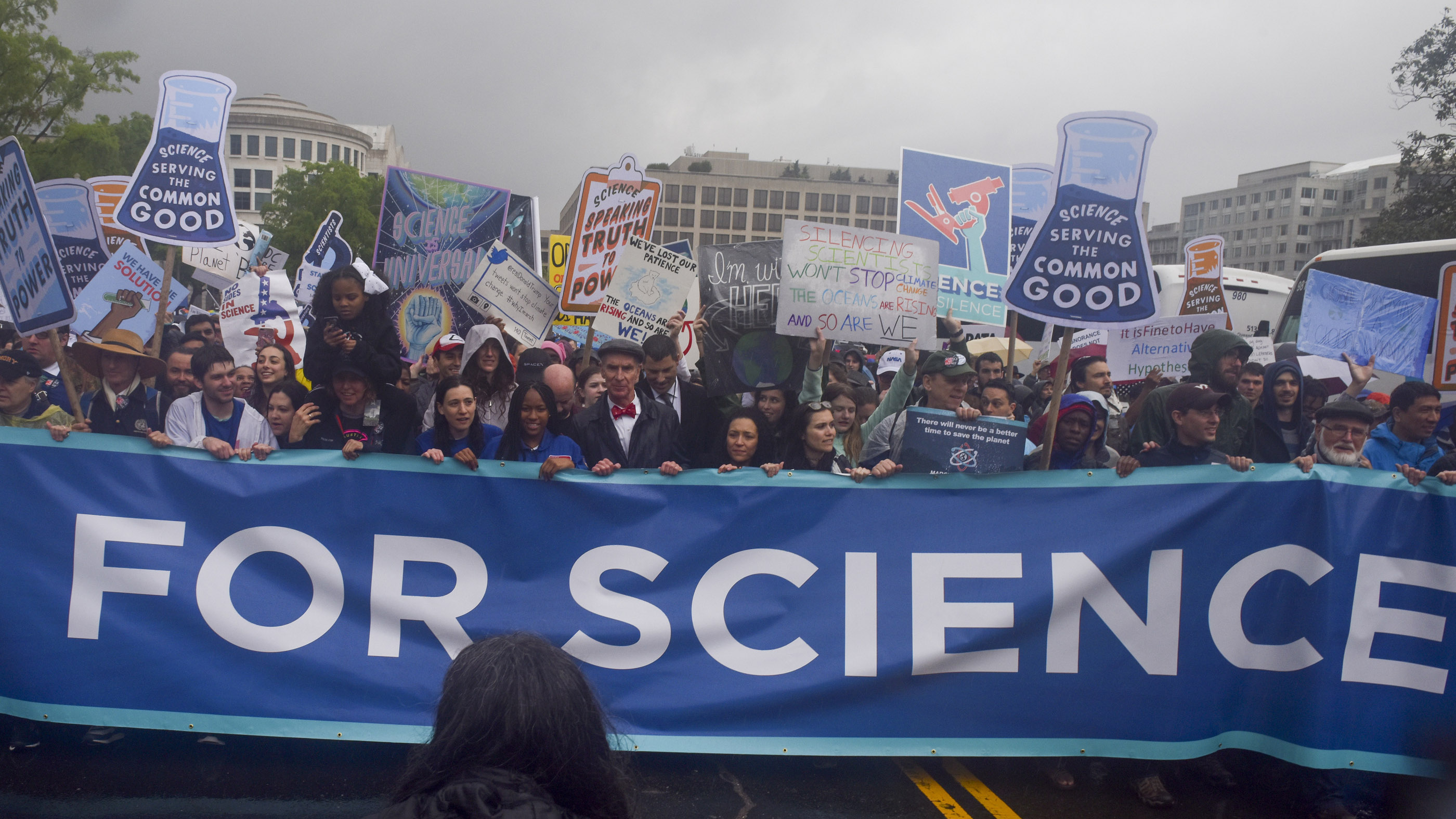
On Earth Day (April 22) 2017, roughly 100,000 people marched on Washington, D.C., in a non-partisan rally to celebrate science and promote making policy decisions using scientific evidence — particularly on issues like climate change and public health. Like the Women's March, the March for Science was inspired by the election of President Trump. Trump had previously called climate change a hoax and promised to withdraw the U.S. from the Paris Agreement on global climate mitigation, abolish anti-pollution regulations put in place by the Environmental Protection Agency (EPA), and cut federal funding for numerous science and research agencies, including the National Institutes of Health (NIH). Marches for Science were held in more than 600 cities around the world on Earth Day 2017, drawing a global attendance of more than 1 million people, according to the organizers.
The Women's March on Washington
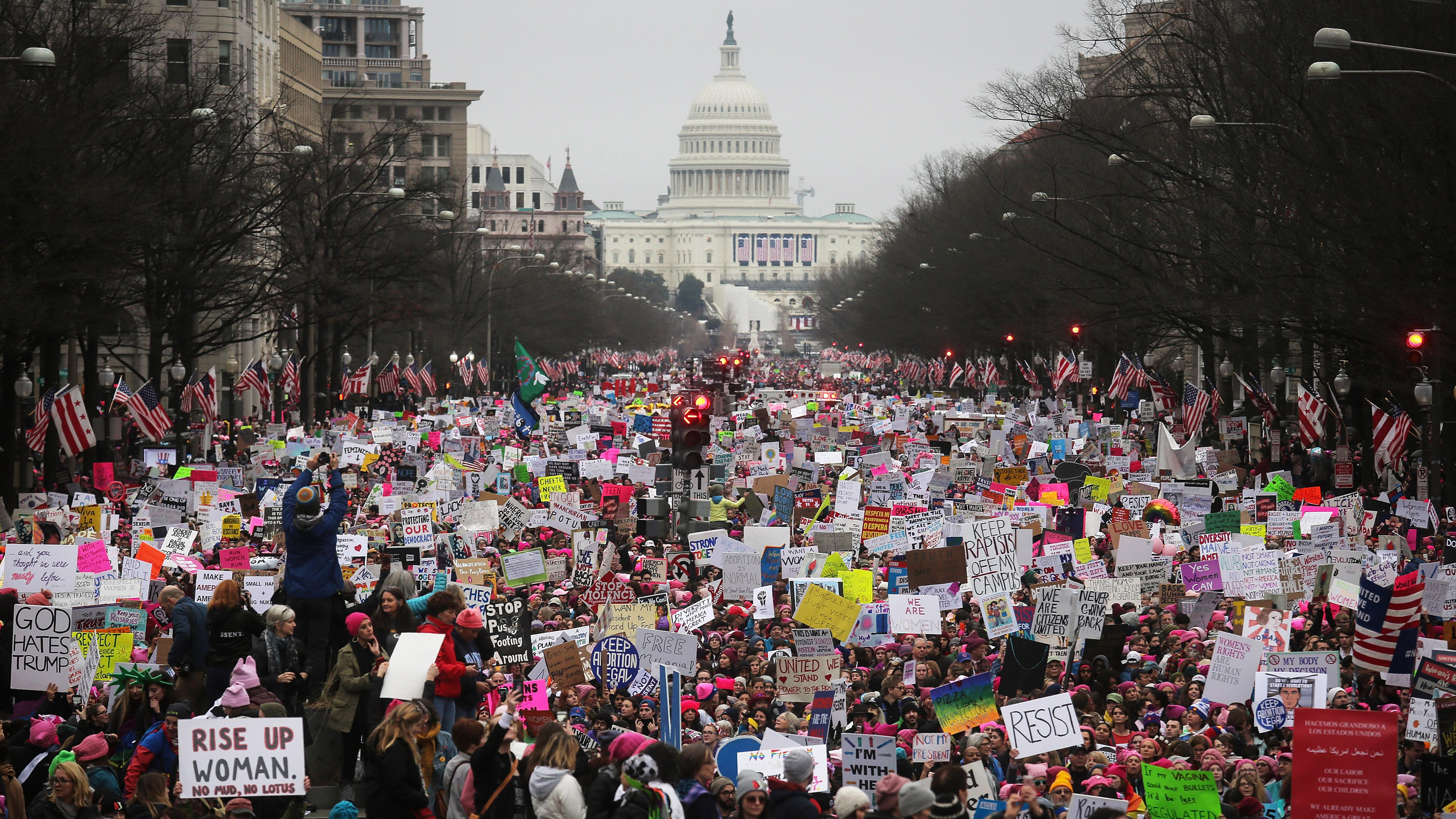
On Jan. 21, 2017 — the day after Donald Trump was inaugurated as 45th president of the United States — more than 470,000 people marched on Washington, D.C., in support of women's rights, and in opposition to misogynistic statements and behavior from Trump. (As of May 2020, Trump had been accused of sexual misconduct by at least 25 women.) The protest garnered enormous international support, with more than 600 marches planned in the U.S. and 81 other countries on the same day. Experts estimate that somewhere between 3.2 million and 5.2 million people participated in the marches in the U.S. alone, easily making the Women's March the largest single-day protest in U.S. history.
The Protestant Reformation
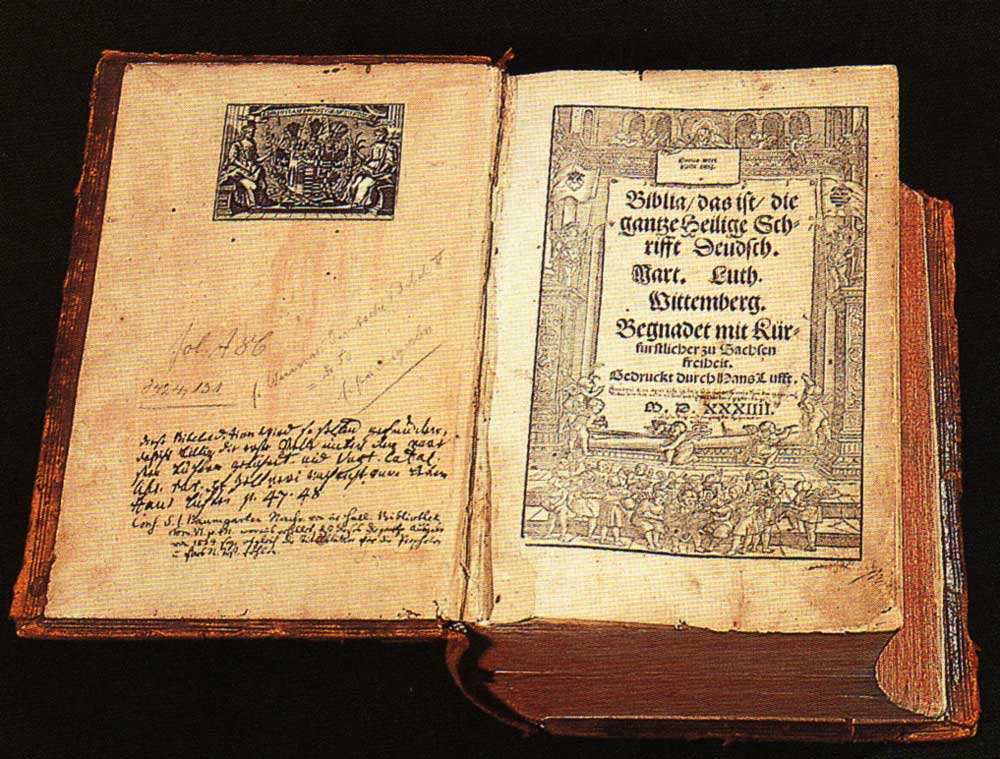
The Protestant Reformation began with the quietest and most orderly single protest in this list — the nailing to the door of a German church a treatise on the abuses of Catholicism by Martin Luther, in 1517. However, the movement that followed would ultimately spill blood and tear empires apart.
The Storming of the Bastille
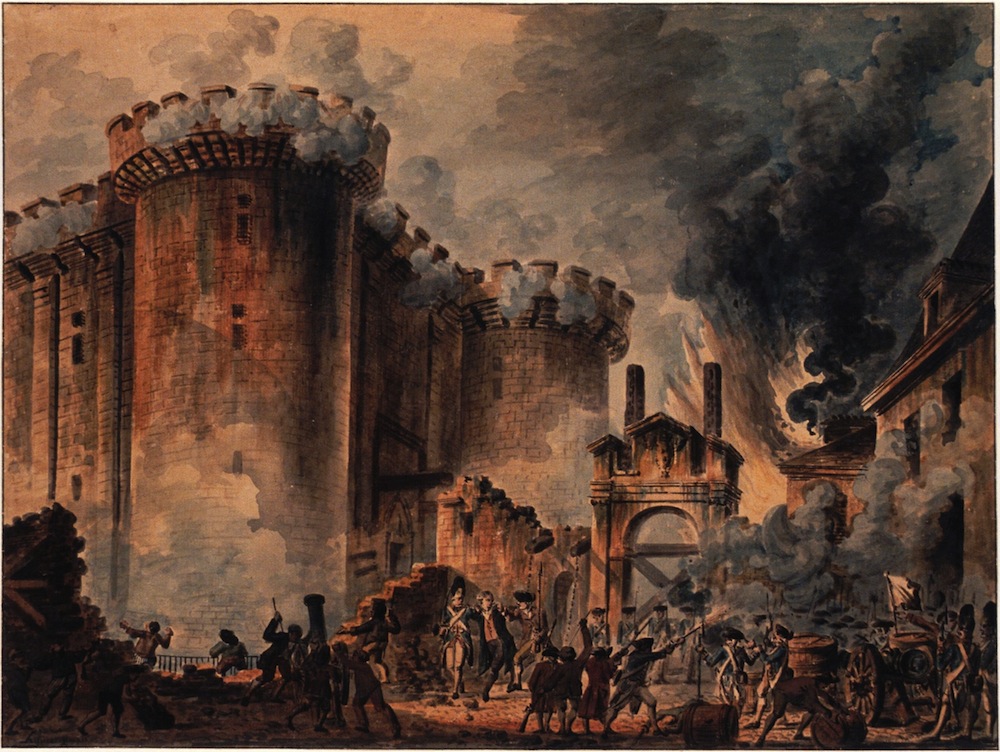
This one act of July 14, 1789, has come to symbolize the entire French Revolution and indeed was a major catalyst to the 10-year-long rebellion against the crown. On that day, a throng of Parisians descended on the Bastille (long a symbol of royal authority and excess), beheaded its governor and overtook the prison.
Get the world’s most fascinating discoveries delivered straight to your inbox.
Gandhi's Salt March
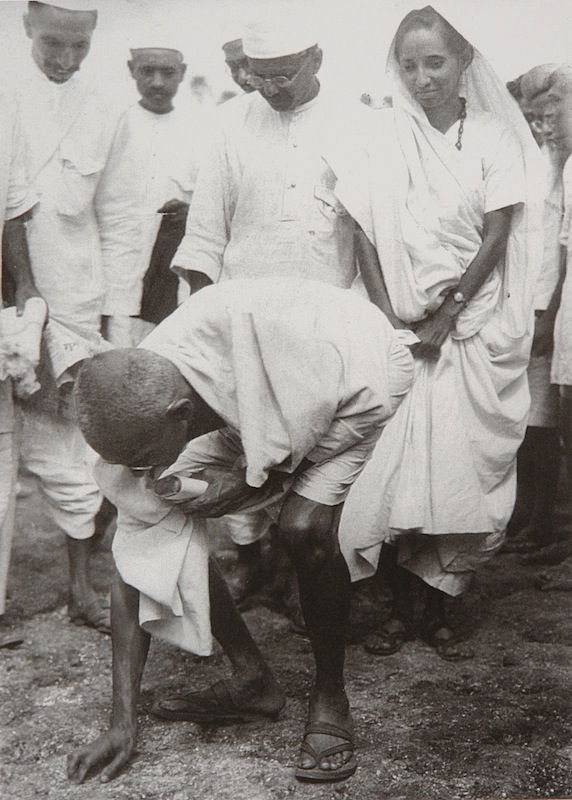
Another protest against British taxation sent Mahatma Gandhi on a 23-day, 240-mile journey to the coast of India to collect his own salt, which was illegal under crown laws. More than 60,000 people, including Gandhi himself, were incarcerated for participating in the salt march, but it ultimately turned the tide of world sympathy towards Indian, rather than British, interests.
The Boston Tea Party
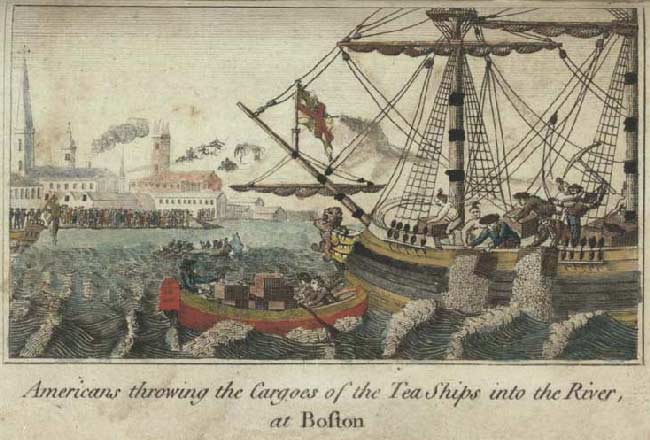
Despite its quaint-sounding name, the 1773 "tea party" was in fact a bitter reaction to harsh new British taxation acts. Over the course of three hours on Dec. 16, more than 100 colonists secretly boarded three British ships arriving in harbor and dumped 45 tons of tea into the water. The unorthodox protest was a key precursor to the American Revolution.
South Africa's National Day of Protest
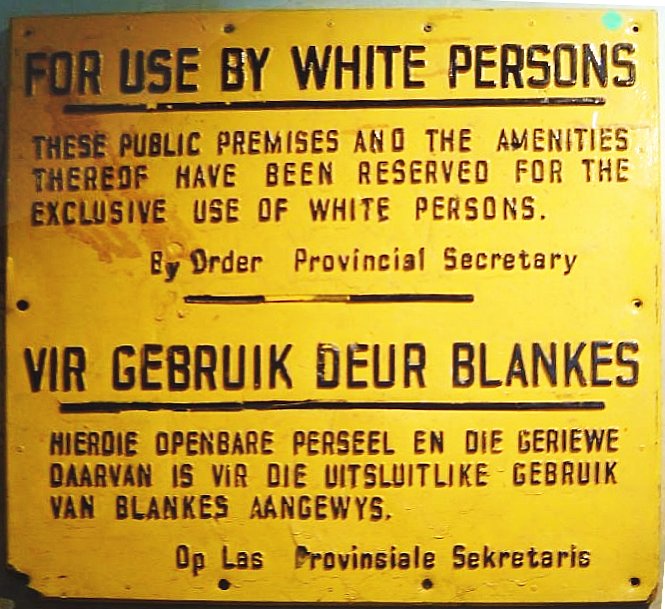
Nelson Mandela's ANC party organized this anti-apartheid work stoppage in 1950, in retaliation for a new bill effectively allowing the government to investigate any political party or organization. On June 26, hundreds of thousands of South Africans participated in the "Stay at Home," a tactic that was used several times in the next decade. June 26 was celebrated as National Freedom Day in South Africa until 1994.
March on Washington
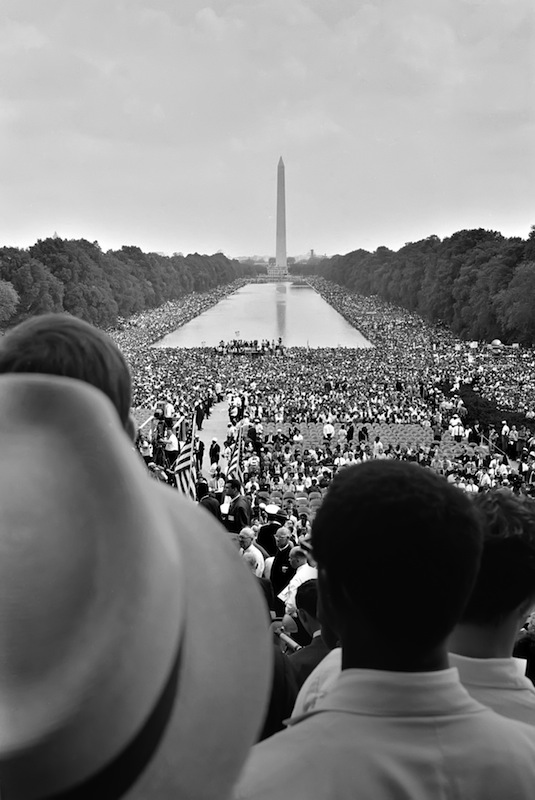
Martin Luther King's historic "I Have a Dream" speech was delivered during this August 1963 rally to promote racial equality in the United States. More than 200,000 demonstrators gathered peacefully at the Lincoln Memorial in D.C., and the event is credited with pressuring President John F. Kennedy to draw up firm civil rights legislation.
Tiananmen Square
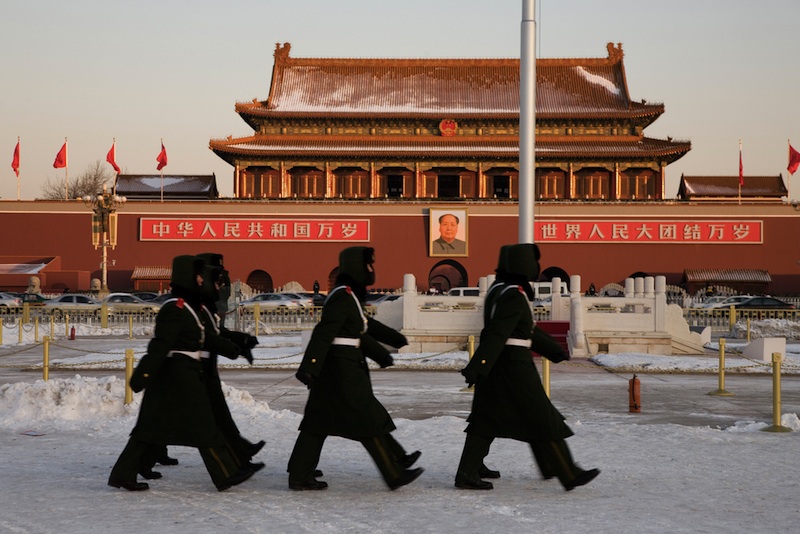
A mass of at least 1 million people, mostly students seeking democratic reform, had peacefully occupied Beijing's Tiananmen Square for seven weeks when the Chinese military unexpectedly rolled in tanks to clear them out. Numbers are imprecise, but it is estimated that at least several hundred protesters were killed in the city, drawing harsh criticism from the international community.
Berlin Wall Protests
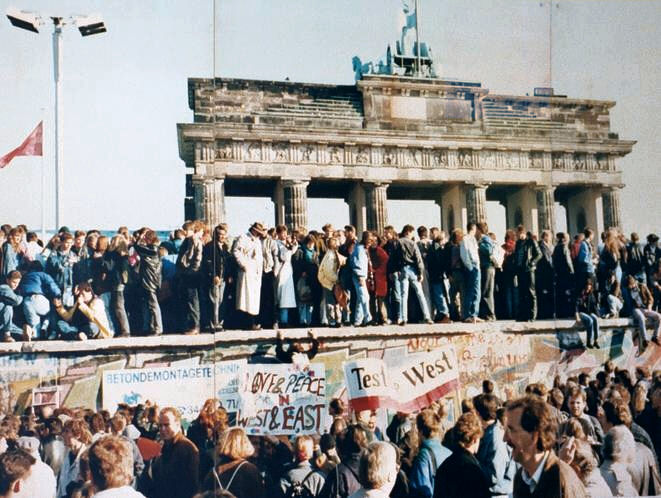
The concrete division that had separated East and West Berlin for 28 years came down just two months after public protests occurred throughout Germany. Pressure to take down the wall had been growing in 1989 and the demonstrations were the final straw for the East German government, which finally opened the gates on Nov. 9.
Iraq War Protests
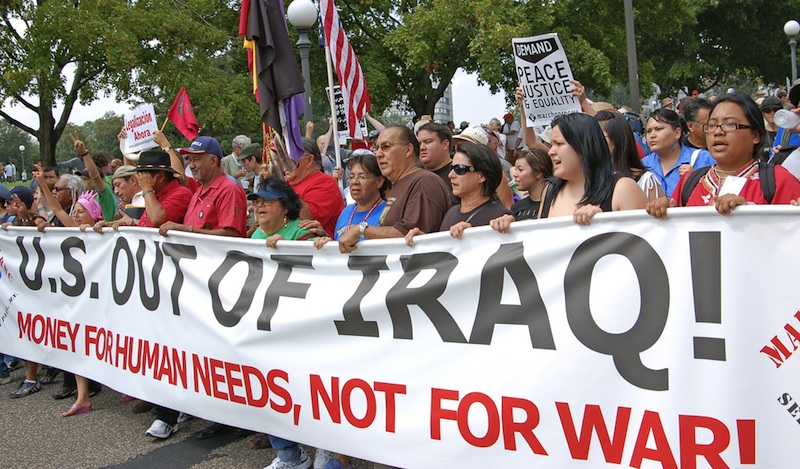
Millions of people in cities around the world gathered for anti-war protests in the months leading up to the invasion of Iraq, which went ahead despite their efforts in March of 2003. The biggest crowds occurred in London in conjunction with global marches organized for Feb. 15, when at least 1 million people assembled in what is believed to be the largest ever political demonstration in UK history.
The Orange Revolution
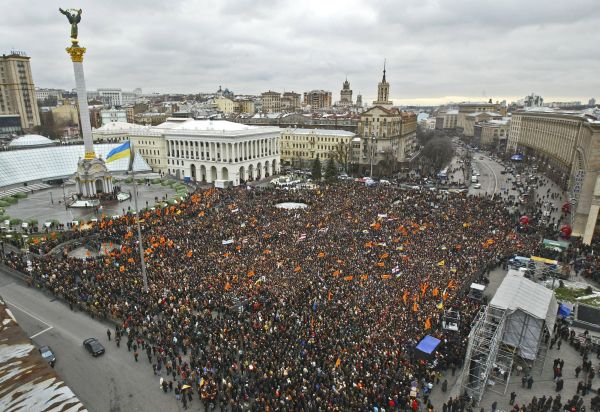
In late 2004, hundreds of thousands of people flooded Kiev's main square to protest the results of the Ukrainian presidential election. Demonstrations continued for 12 days through sleet and snow until a revote was called, reversing the results and putting the opposition candidate (whose party colors are orange) in office instead.
Editor's Note: This article was first published in 2011 and updated in 2020 to reflect new protests and movements.
Originally published on Live Science.
OFFER: Save 45% on 'How It Works' 'All About Space' and 'All About History'!
For a limited time, you can take out a digital subscription to any of our best-selling science magazines for just $2.38 per month, or 45% off the standard price for the first three months.




